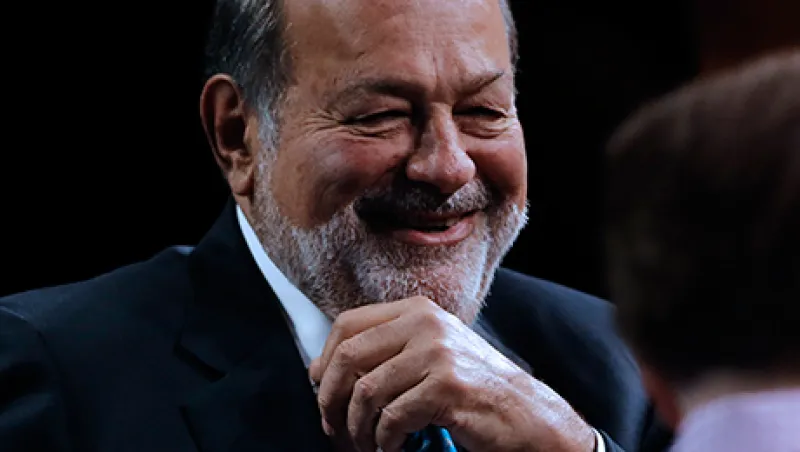
Carlos Slim Expands His Reach in Business and Philanthropy
As the Mexican billionaire grows richer despite antitrust action, he’s looking to give away more profits from his diverse corporate empire.
Jonathan Kandell
April 15, 2015


